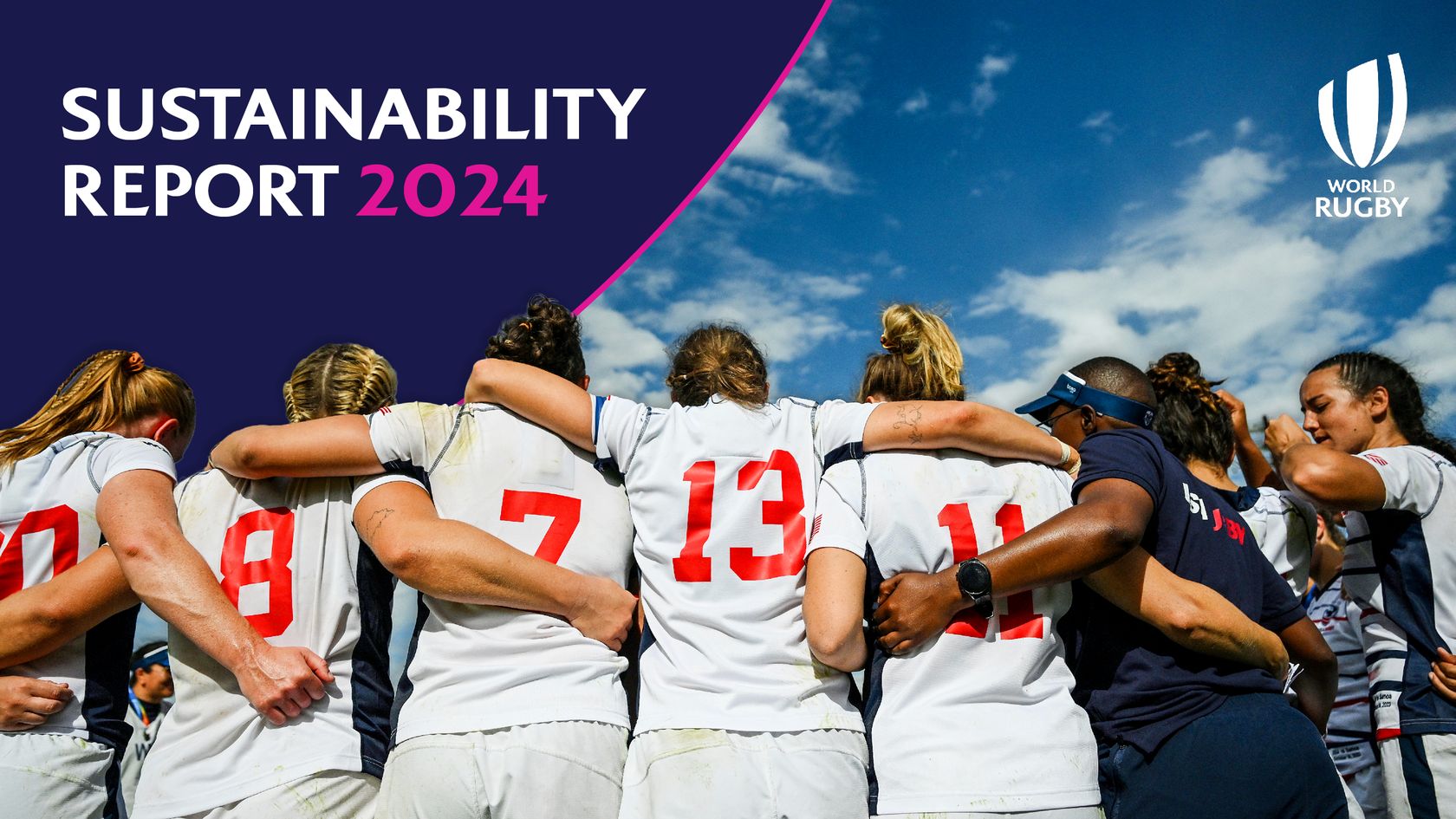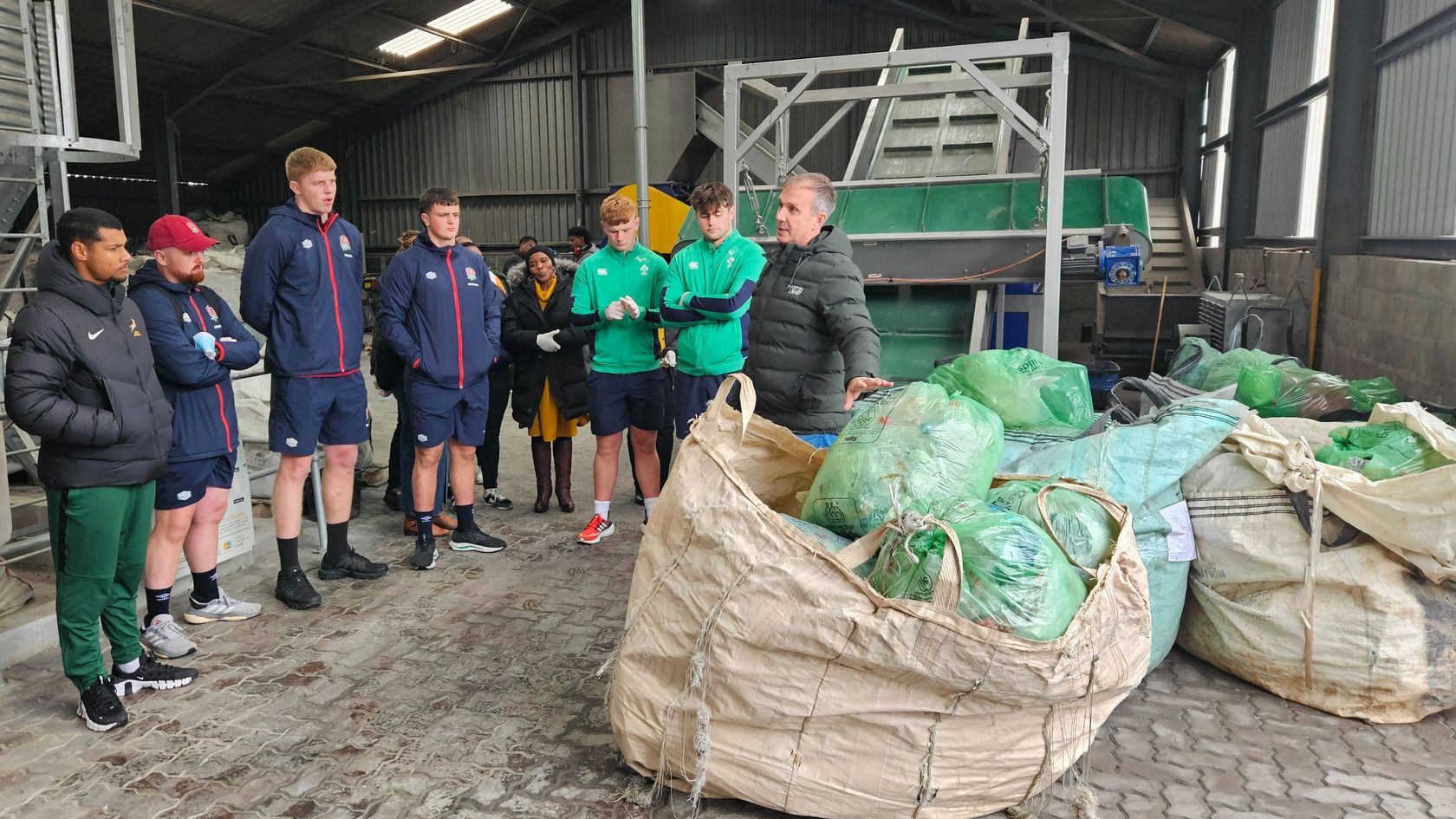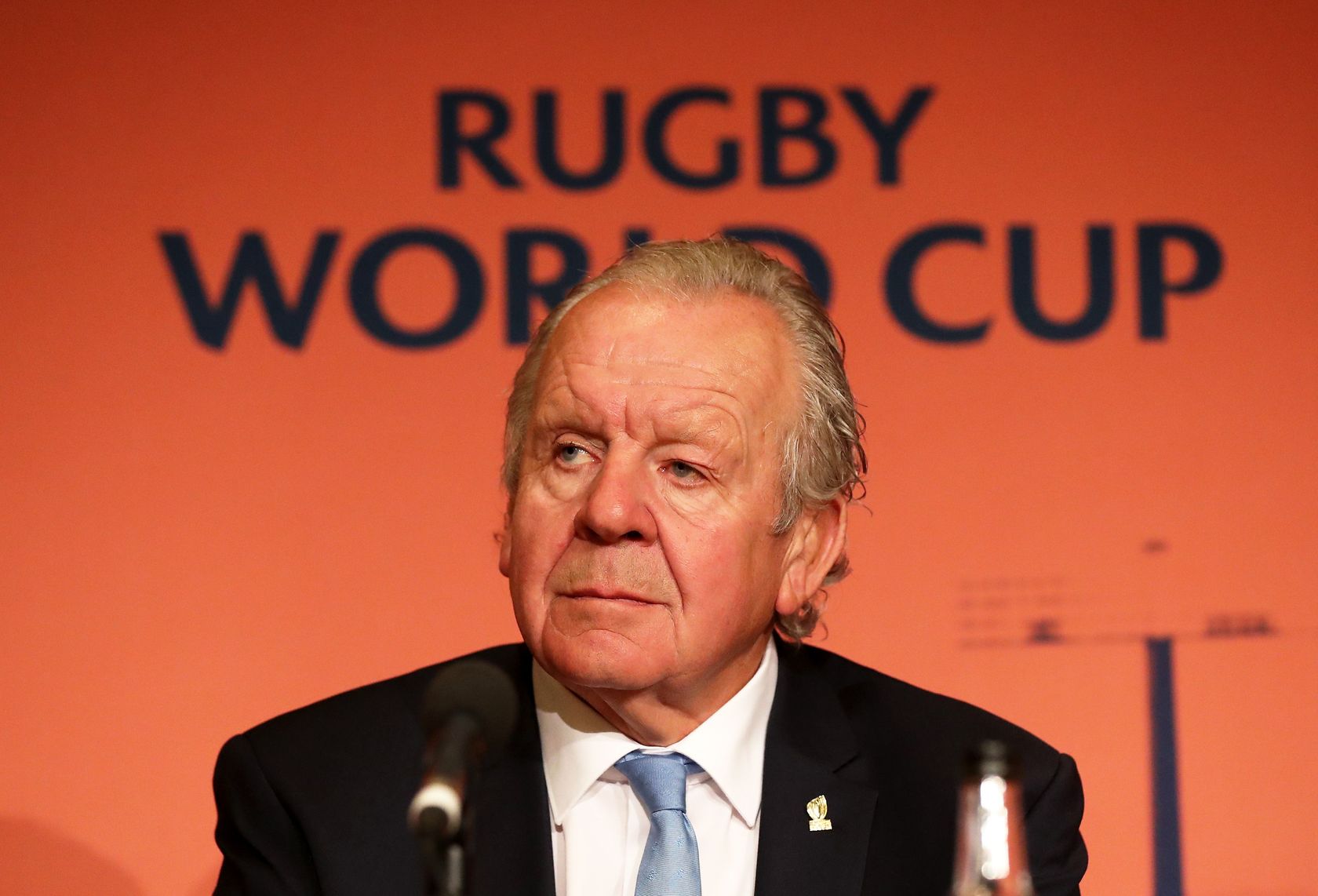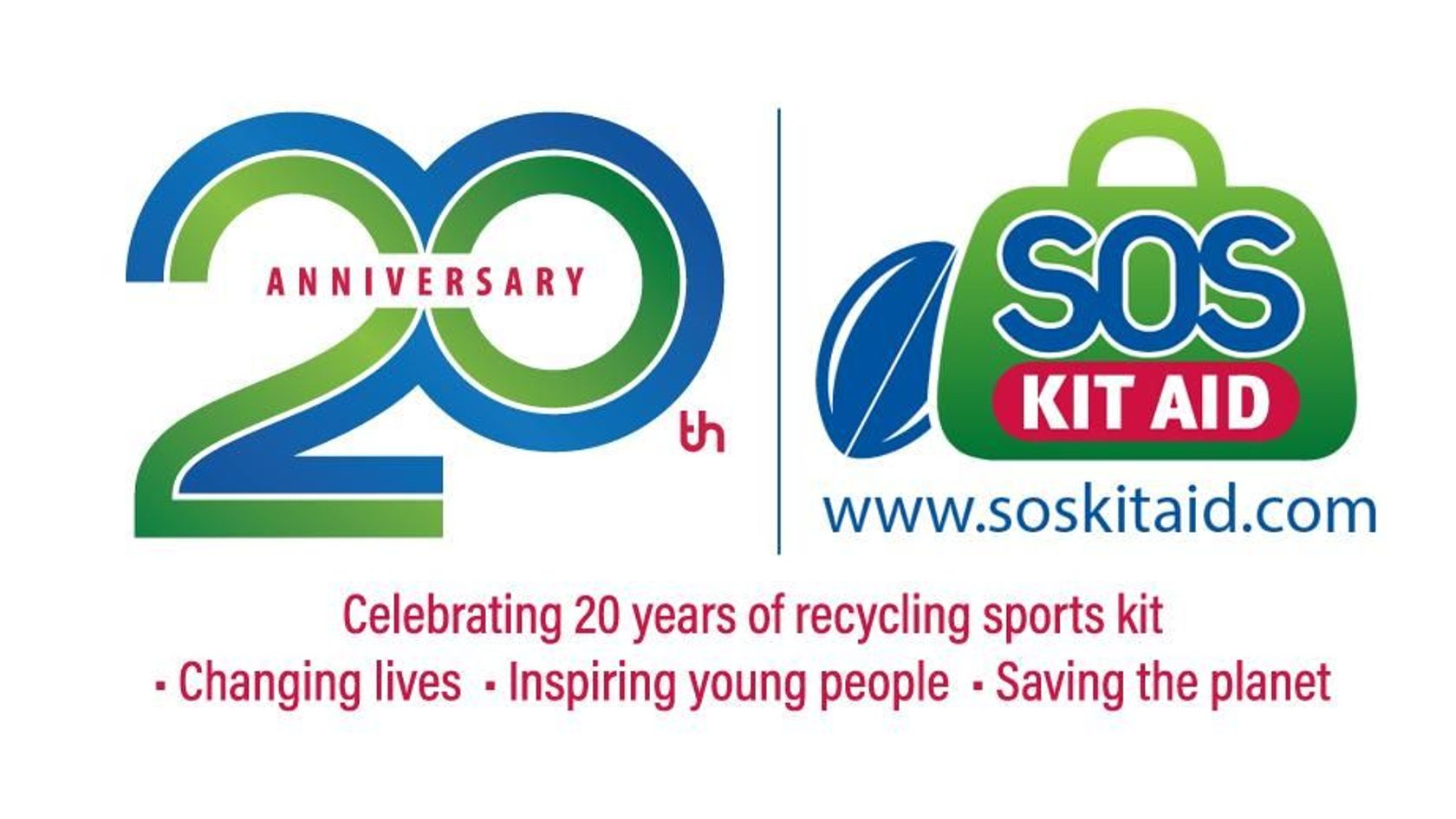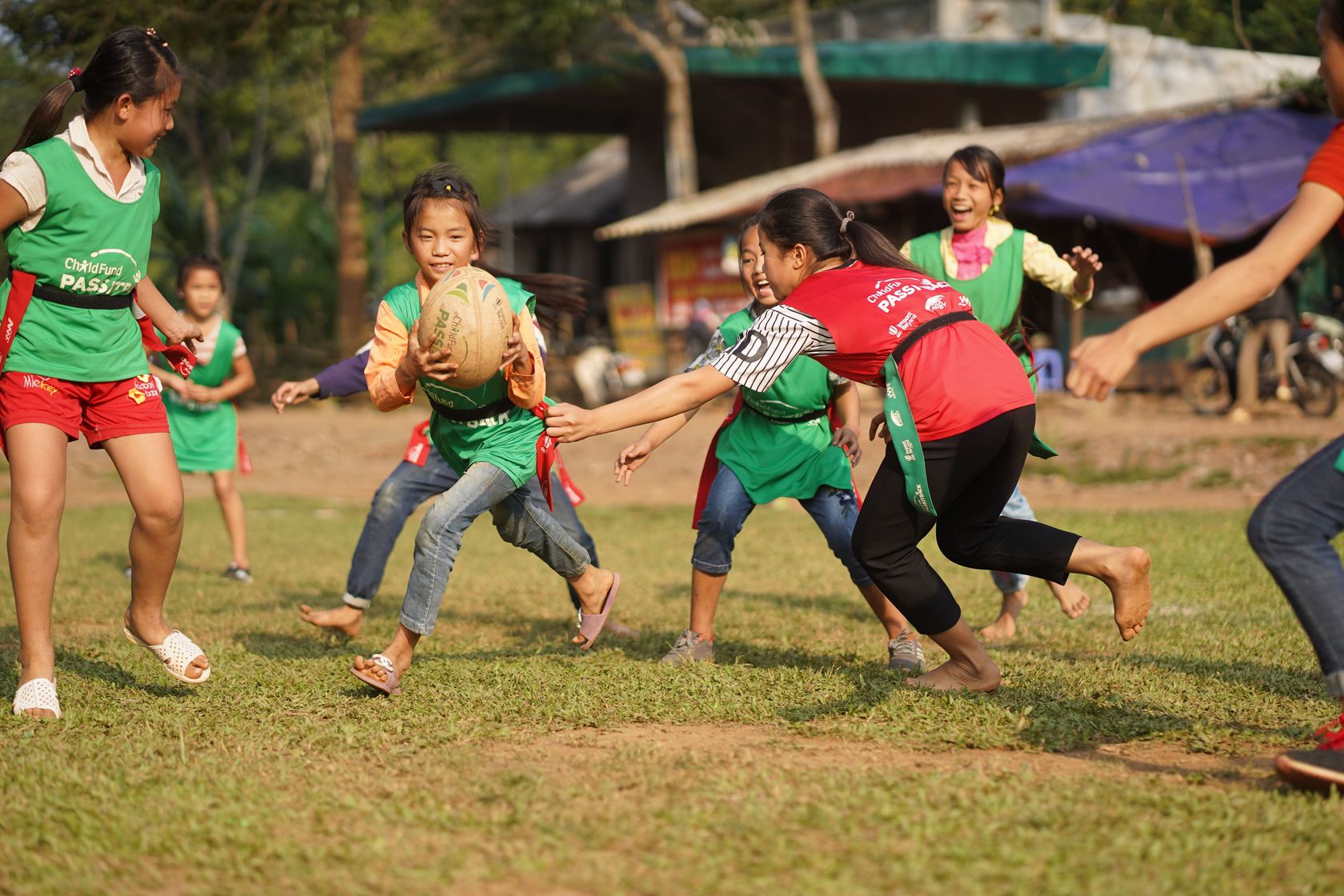World Rugby Sustainability Actions
World Rugby Sustainability Actions
World Rugby continually reviews its processes and operations to further enhance its sustainability activity, identifying opportunities to reduce consumption, generate savings and invest in rugby as a tool for environmental, social and economic development. Some examples of actions across the three key sustainability areas are listed below:
Environmental
- Video conferencing facilities to reduce travel; grouped meetings to maximise events
- Reduce/Reuse/Refuse/Replace/Recycle applied where possible e.g. signage, clothing, equipment
- Energy-efficient workplace with cycle-to work facilities, smart lighting, water, printing, heating systems and recycling stations
- Support for used kit and equipment collection and redistribution via SOS Kit Aid
Social
- Rugby for Development partnership programmes (incl. Spirit of Rugby, ChildFund Rugby) aligned with UN Sustainable Development Goals
- Rugby for All partners including World Wheelchair Rugby, International Gay Rugby
- Impact Beyond programmes to engage communities and boost participation before, during and after major events
- Requirement for event hosts to provide detail around sustainability planning and post-event reports
- Agreements with suppliers for ethical/sustainable production
- Sourcing of tournament volunteers locally and globally
- Staff Community Volunteer Programme and fundraising initiatives
Economic
- Maximise return on investment for reinvestment in the game e.g. Pacific Islands Super Rugby teams support, women's executive leadership scholarships
- Identification of funding opportunities and partners to assist development e.g. Olympic Solidarity, EU Funding
- World Rugby Code of Labour
- Improved efficiencies in systems and processes to better manage resources
Be a part of the sustainable rugby team
There are many ways that the rugby family can support sustainable initiatives - players and fans attending rugby events in person or joining the action remotely can also click here to discover their own footprint and take positive steps to reduce their impact.
Foods and drinks
- Avoid single-use products
- Choose tap water over bottled water (if safe to do so)
- Empty water bottles when finished
- Re-use water bottles
- Order seasonal food
- Avoid consumption of red-list/endangered species
- Look for sustainability labels e.g. FairTrade, Certified Organic
- Reduce food waste
- Re-use bags when shopping
- Purchase products that are certified/labelled environmentally friendly
Travelling
- Travel light - more weight increases fuel consumption
- Walk or cycle to training or the game
- Use public transport where possible
- Take the stairs instead of the lift or escalator if possible
Waste disposal
- Limit use of packaging
- Sort your garbage into recyclables, compost or waste
- Do not litter
Accommodation
- Re-use towels to save water and reduce use of chemicals
- Turn off all electricity when not in the room
- Bring your own bathroom supplies
- Choose accommodation close to venues so you can walk or cycle
- Accommodate more people in one room
Sports equipment
- Donate old sports equipment to those who need it
- Purchase sustainable and ethically produced clothing and equipment e.g. Forest Stewardship Council (FSC), Rainforest Alliance etc.
Clubs and Stadia
- Support local community initiatives, schools outreach
- Look at venue share/multi-user opportunities to increase efficiencies and reduce costs
- Consider investing in updated facilities including smart lighting, rain water recycling for pitch watering/toilets
- Install recycling facilities
- Encourage local flora and fauna and avoid construction/activities on or near sensitive habitats/ecosystems;
- Source local suppliers
- Consider proximity to public transport links
- Encourage healthy lifestyle through no-smoking venues, healthy food options, family zones etc.
- Promote your sustainability objectives, activities and results
Discover more about Rugby, Sport and Sustainability
For further information on sustainability, sport and to see what other rugby and sporting organisations are doing, please visit:
- Sustainability Toolbox - free guides, tools and templates (courtesy of 11th Hour Racing Team)
- UN Carbon Footprint Calculator and Offsetting Platform
- United Nations "Act Now" for Climate Action
- United Nations Sport for Climate Action
- Sports for Nature
- International Olympic Committee and Sustainability
- sustainability.sport portal (GAISF)
- Council for Responsible Sport - "Rescore" app for sports events
- Healthy Stadia
- Aviva Stadium (Ireland) Sustainability Overview







